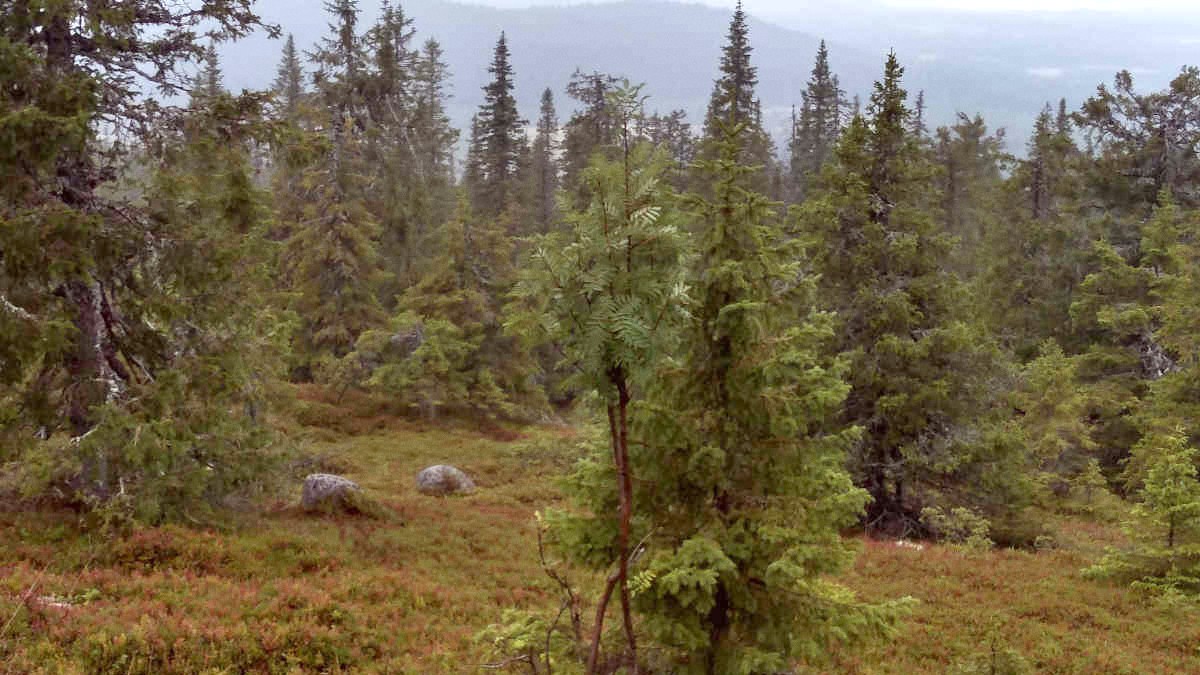
Sweden
Swedish Lapland has many national parks and nature reserves protecting unique landscapes.
Staying on marked trails prevents damage to fragile vegetation and animal disturbance.
Observe animals from a distance. Feeding wild animals is not permitted.
Adopting mindful habits minimizes your environmental footprint during your visit.
Sweden maintains high recycling rates. Utilize designated bins for separating materials.
Swedish Lapland has abundant clean water, but responsible use is still important.
Actions can reduce your environmental footprint.
Support businesses prioritizing environmental sustainability during your stay.
Research regulations and hazards. Stick to trails and established campsites.
Pack out all trash. Leave natural objects untouched. Minimize campfire impacts. Respect wildlife and other visitors.
The Sami people actively work to preserve their language, culture, and traditional ways of life.
Engage with locals, including Sami people, with politeness and an open mind.
Exercise caution when photographing people. Adhere to respectful conduct at religious sites.
Always ask permission before photographing individuals, especially those in cultural dress.
Avoid intrusiveness. Do not photograph children without explicit parental consent.
Dress respectfully (covered shoulders/knees) and maintain quietness. Observe rules.
When photographing people, especially Sami individuals in traditional dress, always seek explicit permission as a gesture of respect for their privacy and culture.
Support tourism initiatives directly involving and benefiting local communities. This fosters authentic cultural exchanges.
Prioritize authentic Sami duodji (handicrafts) directly from artisans or certified shops.
Conscious decisions guard against supporting harmful practices in tourism.
When activities involve animals, selecting operators prioritizing their well-being is paramount.
Be aware of the environmental footprint. Choose operators using responsible routes and practices.
Your activity selections contribute to the preservation of the Arctic environment.